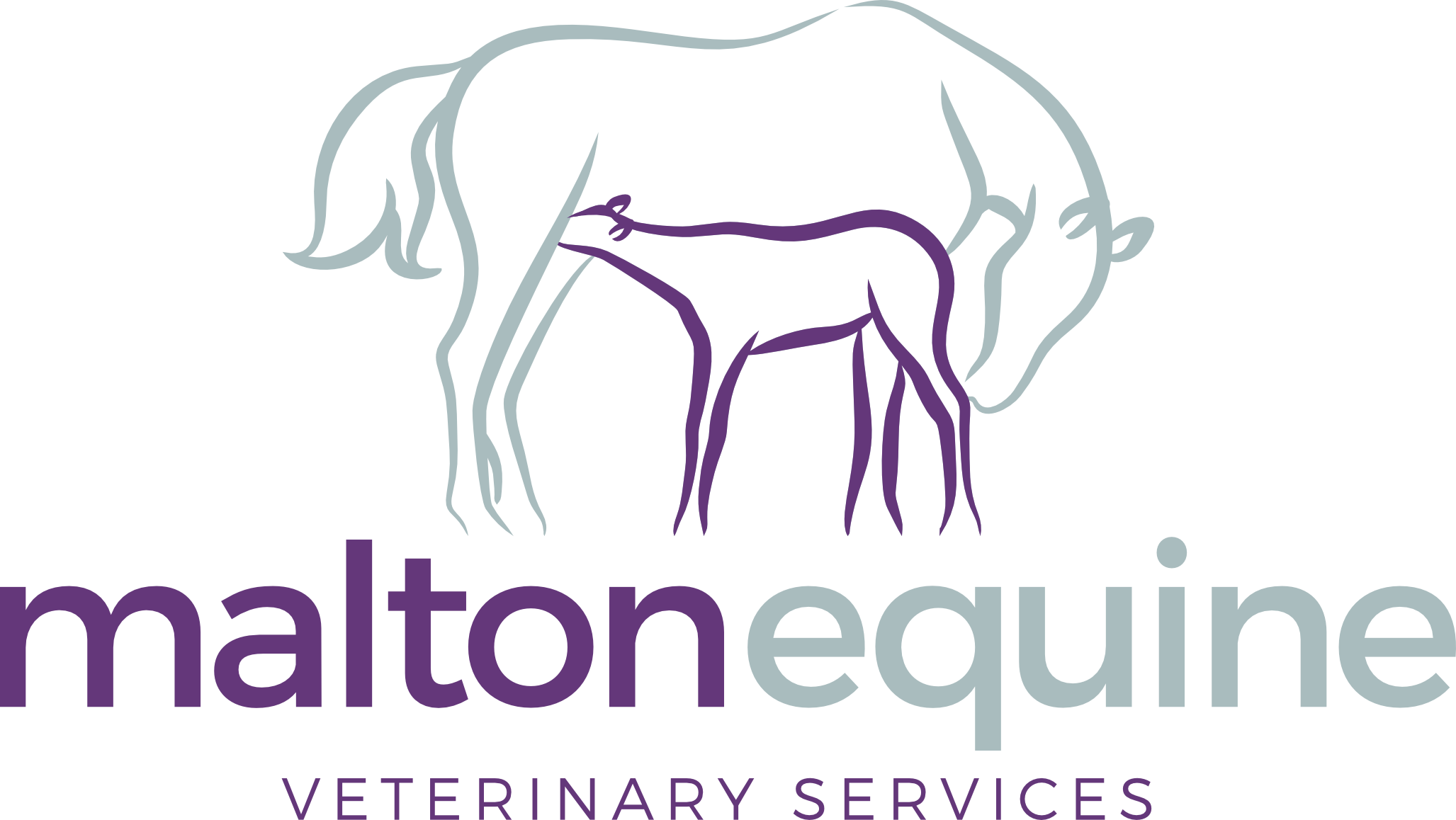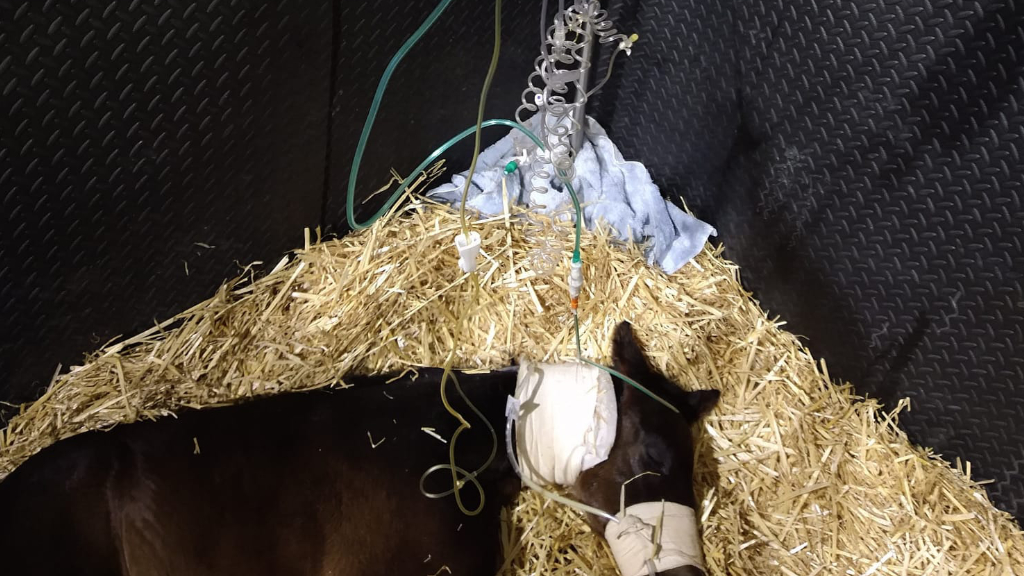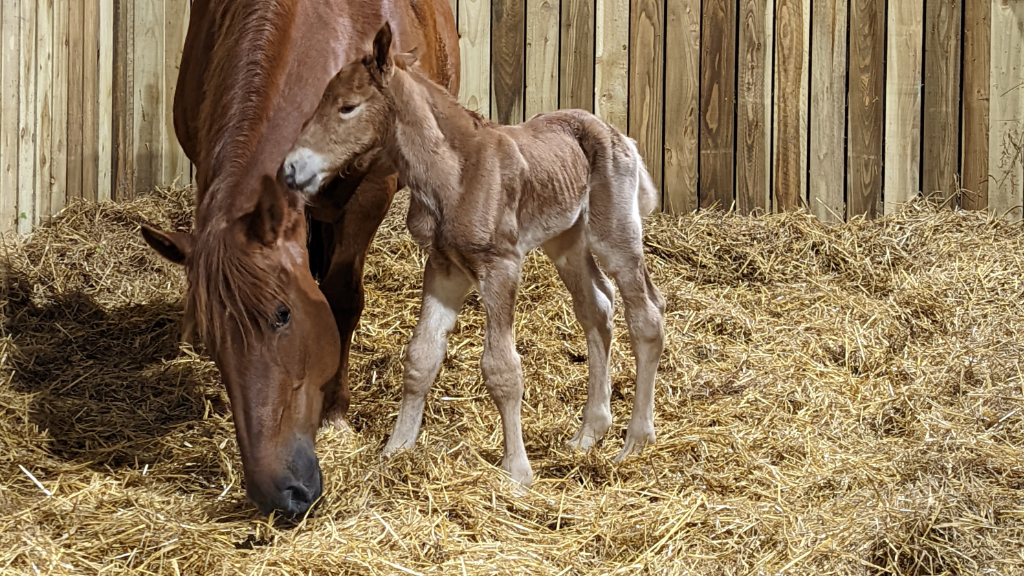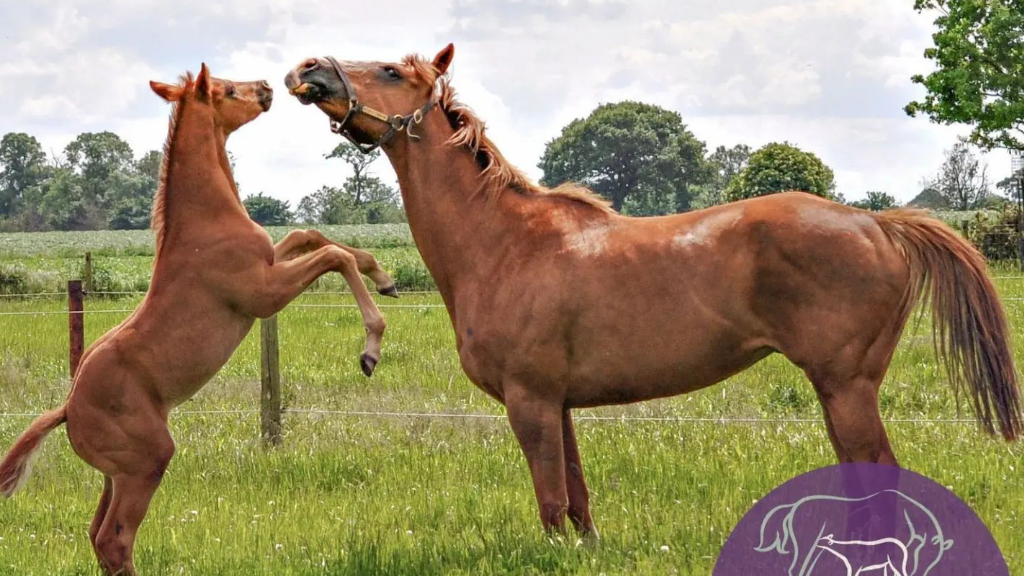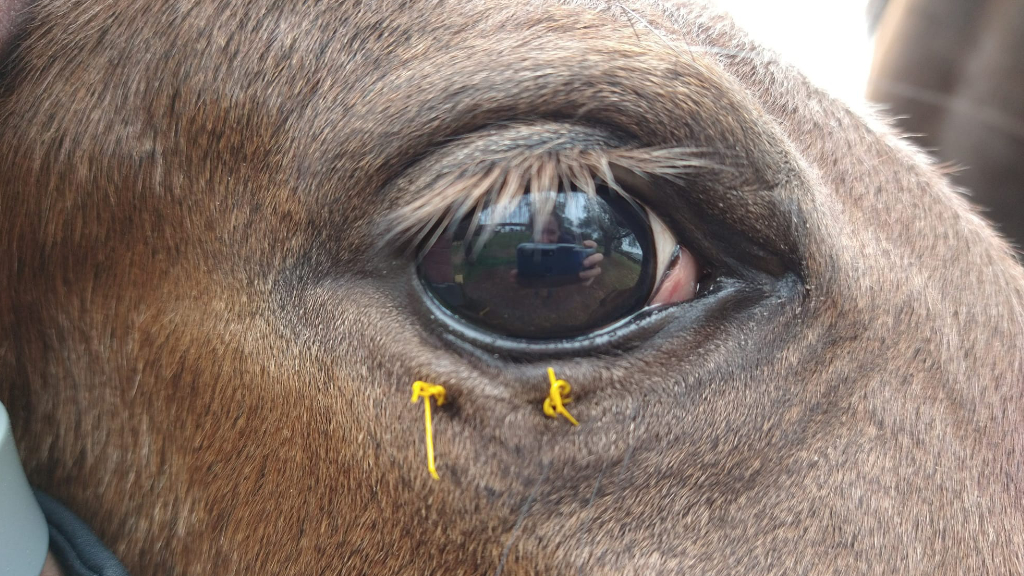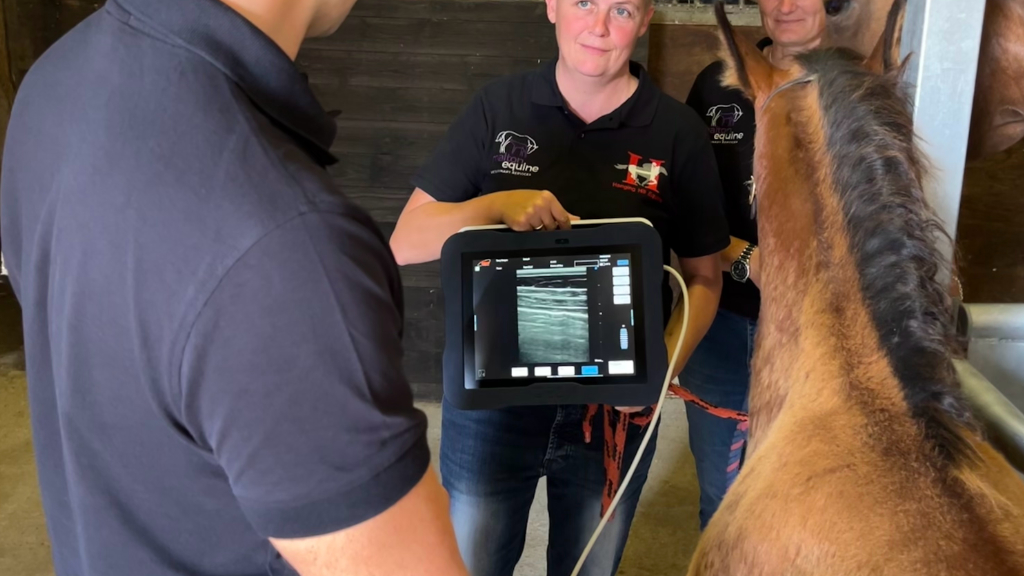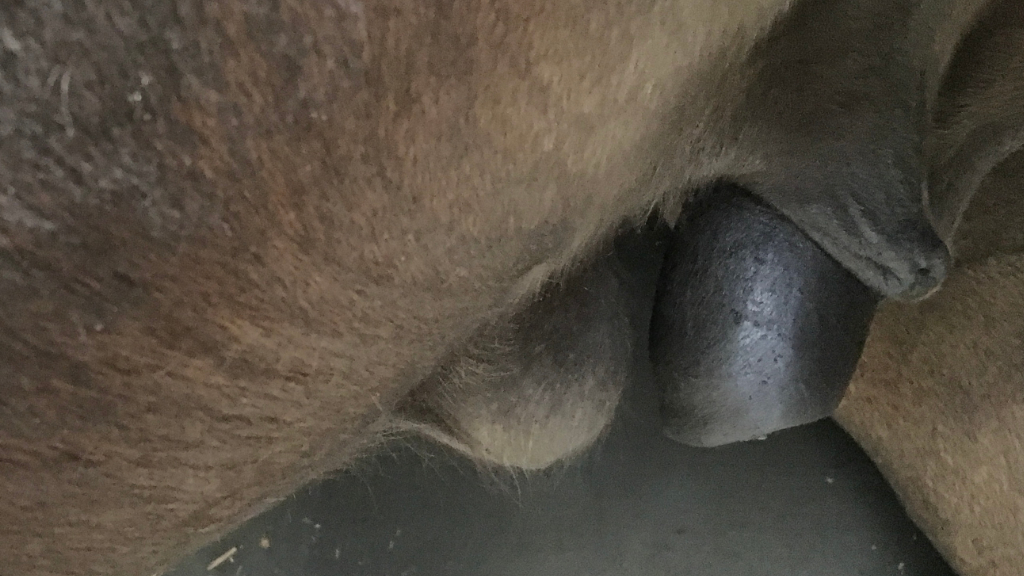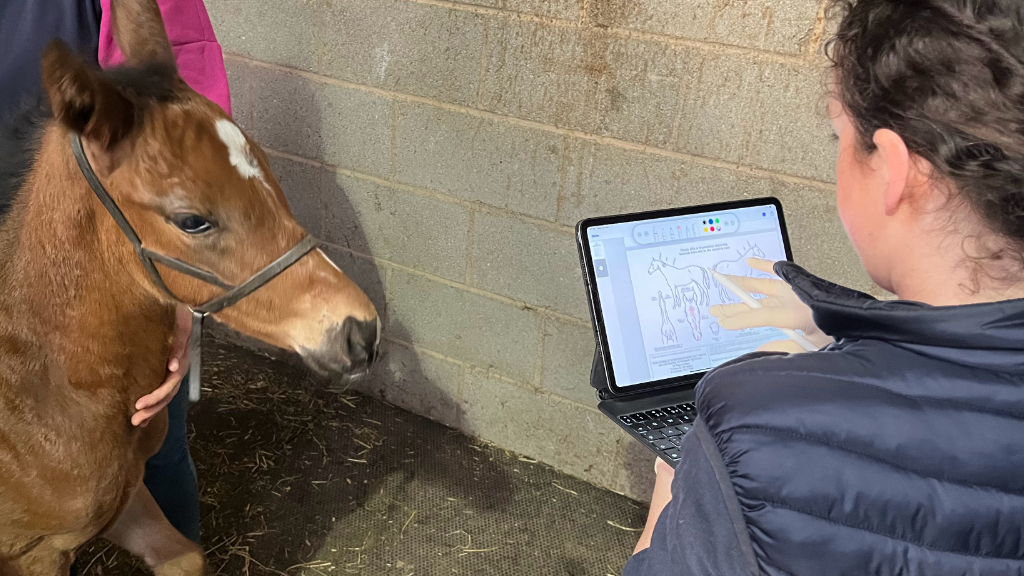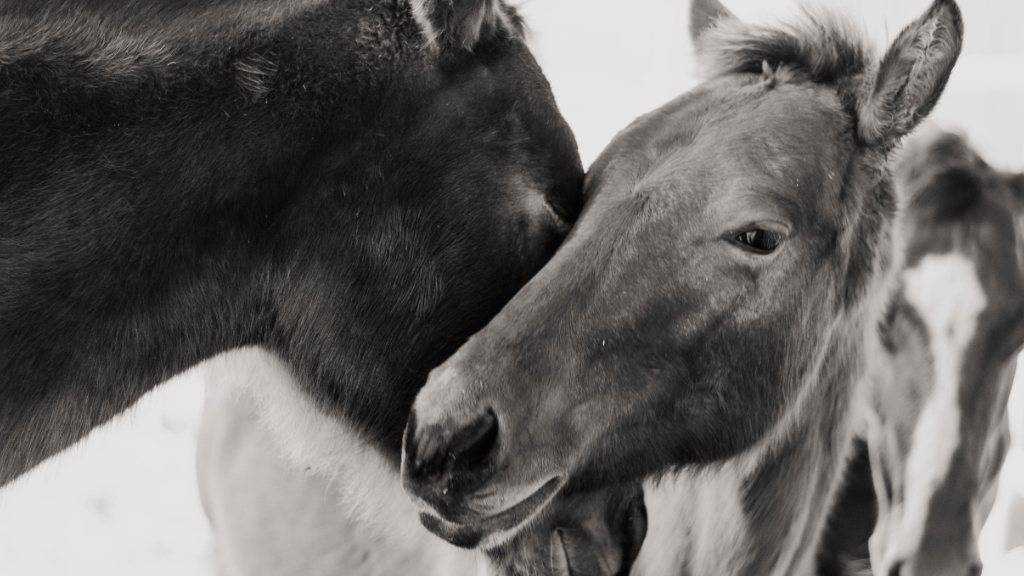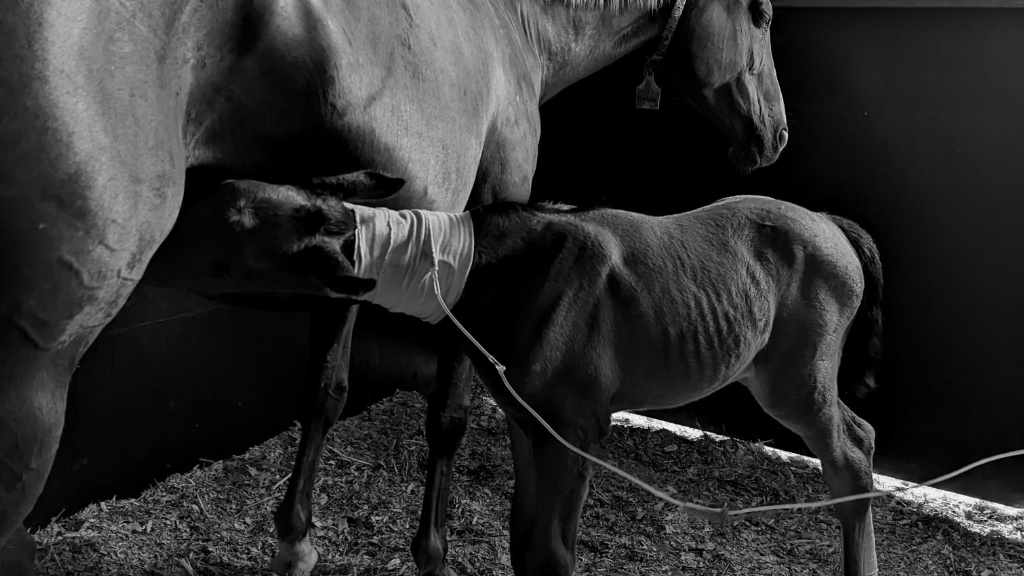Malton Equine Veterinary Services
Foal Medicine
Plasma Transfusion
Plasma Transfusion
Understanding IgG Levels: Ensuring Vital Immunity for Newborn Foals.
IgG, or immunoglobulin G, is a crucial marker in assessing the immunity status of newborn foals. A low IgG reading is indicative of an insufficient transfer of immunity from the mare’s colostrum to the foal. This situation becomes more likely if the foal faces challenges in nursing, encounters difficulties in accessing the mare’s colostrum, or if the colostrum itself is of poor quality. Factors such as the mare losing milk before foaling can also contribute to a reduced transfer of essential antibodies.
Recognizing the pivotal role of adequate immunity in the early stages of a foal’s life, our veterinary care includes thorough monitoring of IgG levels. In cases where a deficiency is identified, particularly if the foal is more than 18 hours old when the gut wall stops absorbing colostral antibodies, we may recommend a hyperimmune plasma transfusion. This procedure ensures that the foal receives the necessary immunity boost, compensating for any gaps in colostrum intake and providing vital antibodies crucial for disease resistance and overall health. By addressing immunity concerns through careful monitoring and appropriate interventions, we strive to give each foal the best possible start in life.
Emergency veterinary attention for your horse may be required at any time of the day or night. We provide veterinary care 24 hours a day, 365 days a year to registered clients.
